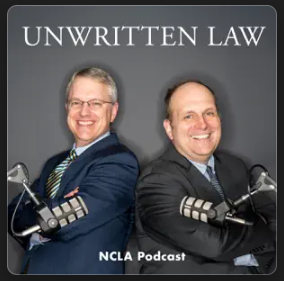New Paper on Litigating After Loper
By
| April 4, 2025
Liberty University School of Law’s Eric Bolinder published a new paper on “Litigating After Loper.” Bolinder previously represented the fishermen in Loper while at Cause of Action Institute and argued the case before the D.C. Circuit.
Abstract
This article arrives at a critical juncture in Administrative Law and comprehensively answers two burning questions about Loper Bright Enterprises v. Raimondo, the case that overturned Chevron deference. First, what did Loper Bright change about review of agency action? Second, how should lower courts implement the decision? This paper engages a first-of-its-kind, exhaustive review of the major circuit court decisions citing Loper Bright and analyzes how influential judges, scholars, and justices have characterized the impact of the decision. The article defines what role Skidmore “deference” and the major questions doctrine should play in judicial review—while seriously questioning the long-term viability of the latter.
Using this study and foundational administrative law methodologies, I propose a three-step formulation on how judges should tackle statutory interpretation and related constitutional issues in the post-Chevron era. This approach will be helpful to courts, academics, and litigants because it is simple enough to quickly understand but contains the depth necessary to engage some of the hardest textual challenges.
This paper also soundly rebuts the argument made by influential scholars that Loper Bright is simply a rebranded Chevron that does not mark a significant change in administrative law. The article engages directly with these scholars and, through its analytical proposal, stands as a rebuke of this criticism—showing, through both real-world and hypothetical application, just how significantly Loper Bright changed things.
Finally, the article proposes that if Congress responds to the decision by expanding its grants of discretionary authority to agencies, the Supreme Court will have no choice but to both revive a robust non-delegation doctrine and more broadly apply void for vagueness to civil cases.


